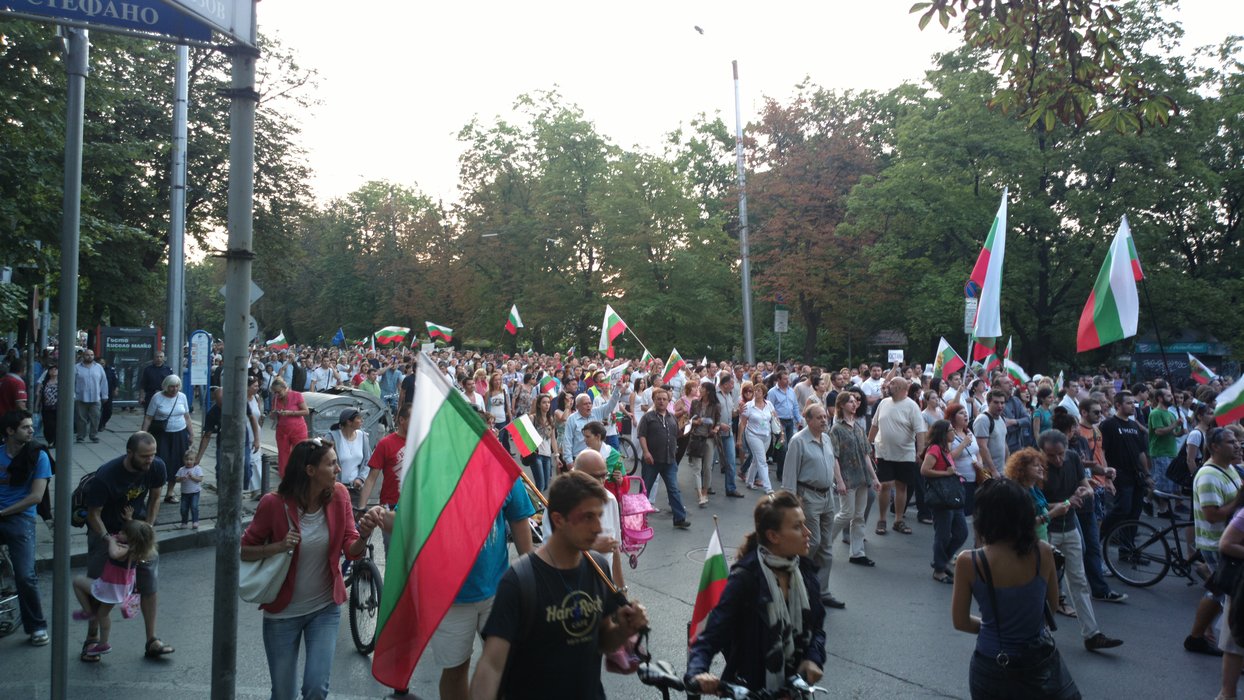
Association
Bulgaria continues the debate about the new amendments to the Legal Non-Profit Entities Act
In November 2020, the Bulgarian Center for Not-for-Profit Law (BCNL) published an analysis in which it presented several challenges that Bulgarian NGOs might face in adopting the Act of amendment of the Legal Non-Profit Entities Act. Thus, BCNL drew the attention of some statements to some European officials who expressed their concern about the content of the proposed amendments and the general situation of the civil society in Bulgaria. The debate on the new legislative proposals is older and referred to the imposition of new obligations. NGOs were obliged to declare in concise periods of time the sources of funding. According to European experts, the amendments and new obligations are inspired by Hungarian legislation, which regulates civil society's activity, is a very restrictive one. According to BCNL, over 300 NGOs signed an official statement in which they appreciated the new amendments as "discriminatory, stigmatizing, unfounded and disproportionate." European experts have recommended withdrawing the law and adapting it to international standards governing Bulgarian civil society.
#LexNGO in #Bulgaria?
— HunHelsinkiCommittee (@hhc_helsinki) July 16, 2020
Proposed amendments to the Non-Profit Legal Entities Act would create a very hostile environment for those #civilsociety organisations with public benefit status that receive foreign funding. https://t.co/2ZFVPQwFdR pic.twitter.com/hovrDB6J0F
Earlier, other amendments to the legislation on NGOs' functioning generated more criticism of the authorities, which introduced measures that hindered the activity of the civil society sector. These referred to the obligation to re-register NGOs in a new register by a certain deadline. According to legal experts from Bulgaria, the Act of amendment of the Non-Profit Legal Entities Act, published in the Official Monitor, issue December 18th, 2020, the term for re-registration of NGOs from the registry at the District Courts to the Registry of the Non-Profit Legal Entities at the Registry Agency, has been extended to December 31, 2022. Thus, until this term, there are no consequences for non-profit legal entities who are not re-registered.
Peaceful Assembly
“March to Freedom” – a new protest against COVID-19 restrictions
At the end of January, the owners of restaurants, cafes and hotels in Bulgaria announced that they intend to organize new protests against anti-COVID-19 restrictions. Thus, the organizers of the event, the Bulgarian Association of Restaurants and the Association of Restaurants in Bulgaria, asked to allow the resumption of most businesses related to the HORECA field starting with February 1, 2021. Several business owners and employees in the sector protested in front of the parliament building, demanding the lifting of the restrictions and the provision of compensations or financial aid for the pandemic businesses. Protesters also claimed that the authorities mismanaged measures to combat the pandemic, which affected several rights and freedoms, including the right to work.
Heres whats happening in #Bulgaria no #Covid restrictions protests against government https://t.co/6EypbW0I2l
— spas_yankov (@spas_yankov) July 13, 2020
Annual pro-nazi Lukov March – subject of banning in Bulgaria
Lukov March - an event celebrated since 2003 in Bulgaria was banned for the second time. The event commemorates a former pro-Nazi general who was assassinated in the 1940s and is portrayed by his followers as a hero. In 2020, the march was banned by the authorities. The same thing happened in February 2021. The mayor of the capital, Yordanka Fandukova, did not allow the demonstration, planned for February 13th, 2021, to be authorized. More Embassies published on their web pages special alerts. According to Sofia Globe, the police prevented a procession that was planned for February 13, 2021. The ABC News informed on February 16th, 2021, that this year hundreds of far-right nationalists honored the general only with flowers.
The Jewish community welcomed the mayor decision to not allow the anti-Semitic and pro-nazi supporters to held the march. The Jewish leaders appreciate the event as a celebration of racism, anti-Semitism, and xenophobia, believing that such messages should be condemned by society. The community also appreciated the municipality and law enforcement agencies' action as a suitable policy for the fight against intolerance and hate speech, particularly against the manifestation of anti-Semitism, xenophobia, hatred, and intolerance.
Expression
RSF: 10 recommendations to improve the press freedom situation in Bulgaria
Bulgaria is preparing for parliamentary elections to be held in April 2021. In this context, Reporters without Borders published a set of recommendations to draw the authorities' attention to the situation of press freedom in this country. According to reports, which annually monitor press freedom in various countries, the situation of the independent press is not improving in Bulgaria. On the contrary, many indicators show that the state of independent journalism remains unchanged, even if the authorities have been sent suggestions and recommendations of public policies to improve the media's condition.
According to RSF, government authorities are trying to use press freedom as a subject of an election campaign in a specific political context (protests during the Summer and Autumn). Journalists continue to face harassment, intimidation, limited access to public information, and cannot fulfil their duties properly. The 10 recommendations aim to draw attention to how the press's freedom is interpreted in the electoral context and draw the public's attention to the importance of a free press.